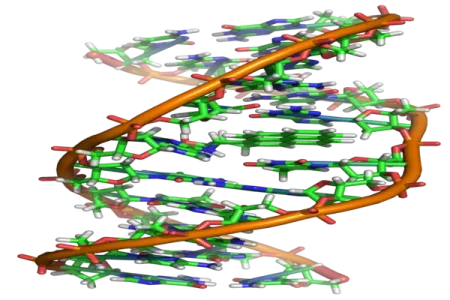
A Smart DNA report reveals that 27% of paternity tests in Nigeria show that one in four men are not biological fathers. The report highlights rising DNA testing for immigration purposes amid the “Japa” phenomenon and reveals significant gender and ethnic disparities in test initiations.
A recent report by Smart DNA reveals alarming findings regarding paternity in Nigeria, indicating that one in four men tested are not the biological fathers of their children. Conducted between July 2023 and June 2024, the study found that 27% of paternity tests returned negative results, highlighting the prevalence of uncertainty surrounding fatherhood in Nigerian society.
The report notes a significant rise in DNA testing, particularly for immigration purposes, coinciding with the ongoing "Japa" phenomenon, where many Nigerians seek opportunities abroad. Notably, 73.1% of all DNA tests were conducted in Lagos, underscoring an economic divide as the tests were predominantly requested by men (88.2%) compared to only 11.8% by women.
The ethnic breakdown revealed that the Yoruba accounted for 53% of tests, while the Igbo represented 31.3%, with the Hausa making up only 1.2%. This distribution deviates from national demographics and suggests varying cultural attitudes toward paternity testing across ethnic groups.
Most children tested were aged 0-5, with older men (41+) most likely to seek confirmation, possibly reflecting concerns about paternity and economic stability. Additionally, 85.9% of tests were conducted for "peace of mind," indicating personal motivations rather than legal reasons. Smart DNA's Operations Manager, Elizabeth Digia, emphasized the need for broader discussions on these findings and the importance of expanding access to DNA testing services throughout Nigeria.




